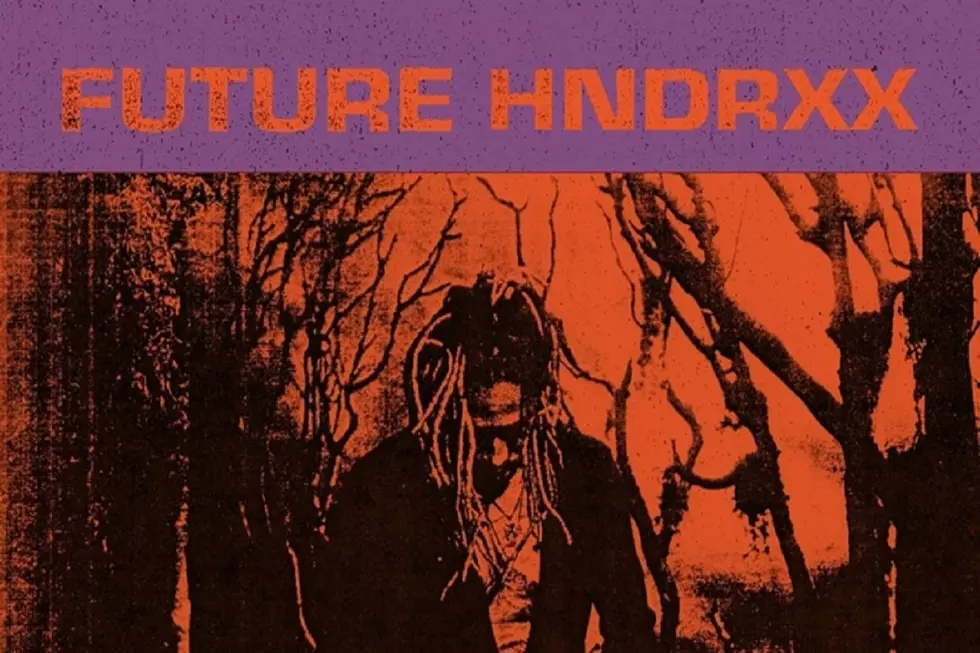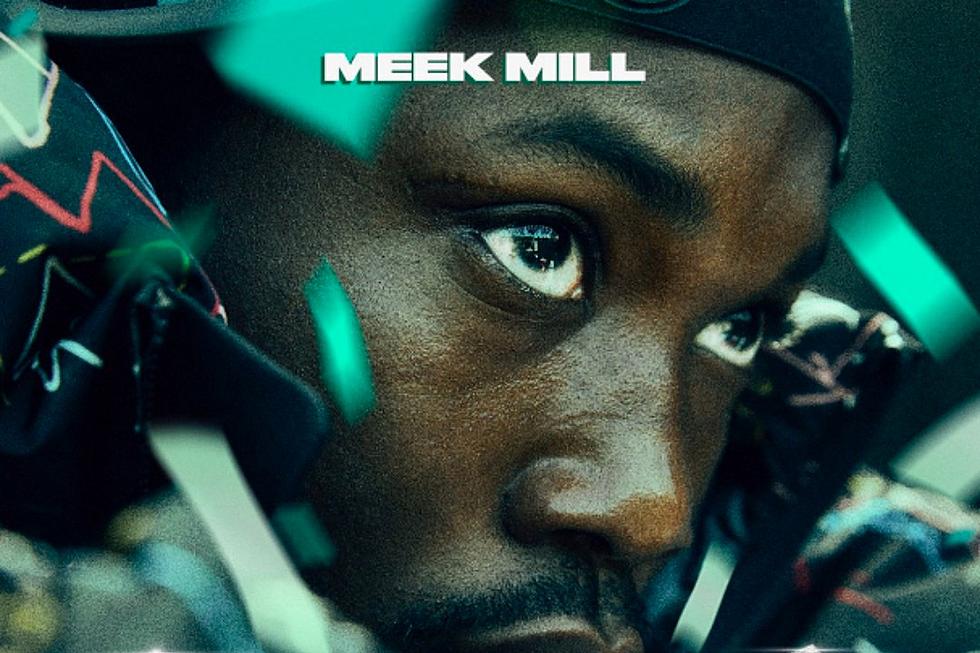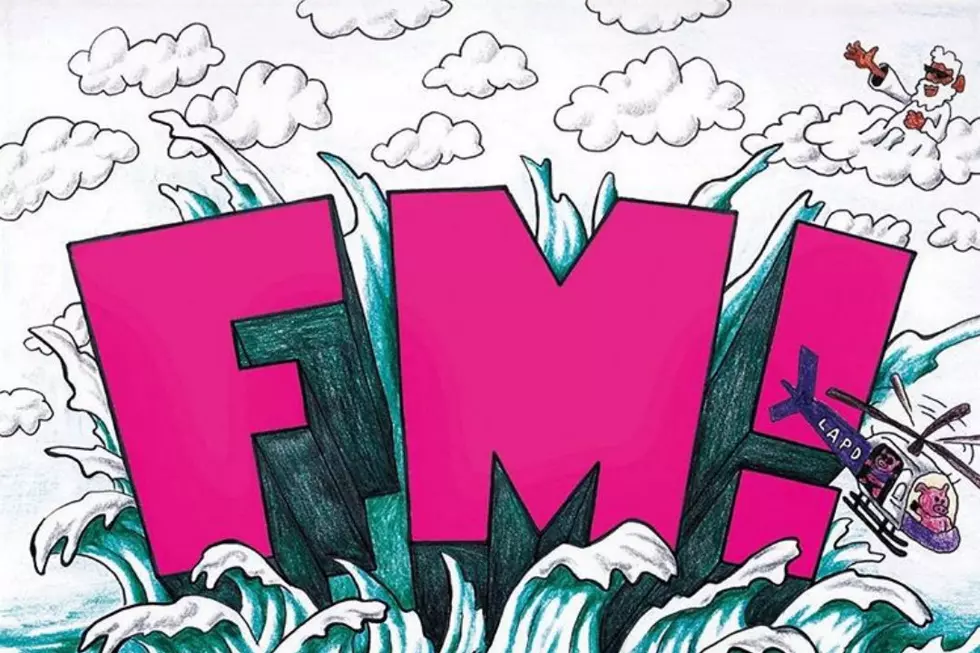Mike Jones
The American Dream
 Truth be told, if skills sold, Mike Jones would have the commercial success of Talib Kweli. More style than substance, the Houston advocate shot to stardom two years ago, while superior lyricists were left watching his videos on their idiot boxes. Haters may remain salty, but in reality, Jones’ success is quite deserved. What the Ice Age CEO lacks in lyrical wizardry he makes up for in an uncanny marketing sense and corporate grind. The wide-eyed entrepreneur crashed rap’s party by utilizing never-done-before tactics, broadcasting his personal telephone number and encouraging first-person interaction. This business acumen timed with the genesis of his hometown’s nationwide takeover, and Mike Jones became an unexpected heavyweight.
Truth be told, if skills sold, Mike Jones would have the commercial success of Talib Kweli. More style than substance, the Houston advocate shot to stardom two years ago, while superior lyricists were left watching his videos on their idiot boxes. Haters may remain salty, but in reality, Jones’ success is quite deserved. What the Ice Age CEO lacks in lyrical wizardry he makes up for in an uncanny marketing sense and corporate grind. The wide-eyed entrepreneur crashed rap’s party by utilizing never-done-before tactics, broadcasting his personal telephone number and encouraging first-person interaction. This business acumen timed with the genesis of his hometown’s nationwide takeover, and Mike Jones became an unexpected heavyweight.
A rarity for rookies nowadays, Jones’ 2005 debut, Who Is Mike Jones? gave the upstart a platinum seller right out the gate. Powered by the monstrous anthems “Still Tippin’” and “Back Then,” the album contained chopped-and-screwed hooks and inventive, trunk-rattling production that placed Mr. Jones’ underdeveloped prose on the back burner, temporarily. The days of superlyrical MC domination are indefinitely paused, making subpar rappers with hitmaking flair excusable for some. But for Jones to gain all-around respect, evolution is crucial. Sadly, his even more accessible follow-up, The American Dream, shows about as much growth as an adolescent Bushwick Bill.
Mike Jones does, however, know how to pick beats. The instrumentals here are mostly top-shelf, with Salih, one-half of H-Town production duo Carnival Beats, stealing the show. On the off-kilter “Like What I Got,” his creeping, robotic track makes Jones’ egotistical flossing sound almost progressive. Salih’s left-field beat work continues on “Turning Headz,” where amped-up synthesizers aid MJ’s humorous wit (“They used to laugh at my belly, now they wanna rubbbb/On my belly every Sunday to get in my clubbbb”). Equally tight is the N.W.A-sampling “My 64,” a violin/808 marriage complete with potent verses from guests Snoop Dogg and Bun B.
Once the soundtrack falters, however, our host’s mic deficiencies become tougher to ignore. Take the wannabe-Jeezy record “I Don’t Play Around,” where TA’s faux DJ Toomp horn-and-string medley derails alongside Jones’ failed defiance (“They say I can’t rap, because I repeat shit, what the fuck?/Let me put ’em in they place, I make five million bucks”). Even worse is the laughable “Groupie,” which oozes unoriginality thanks to an overtly blunt chorus that, supposedly, appeals to girls “that will do me and not ask any questions.” Perhaps the clearest example of Jones’ immature execution is “Grandma II.” More uninspired remake than elevated sequel, the Mike Dean–tracked attempt at mirror music offers the exact same sentiments as its predecessor, only with less impact.
Opting to rehash rather than re-up, repeating of bars still runs rampant, but he wisely enlists the help of notable R&B divas Lil’ Mo (“I’m Sorry”) and LeToya Luckett (“Bonnie & Clyde”) to make the whole ordeal more digestable. On the latter, in fact, LeToya actually splits bars with Mike as the pair navigate their way through Mannie Fresh’s sound-bed of chopstick chords and flat snares.
Sophomore discs are always dangerous ground, even more so for those with questionable talent. The public will either foolishly fall for the gimmick once again or demand some sort of artistic development. Therein lies Jones’ dilemma. With his smoke-and-mirrors act barely cutting it this time, he better be careful before people wake up from this American dream asking, who was Mike Jones? —MATT BARONE![]()
More From XXL









